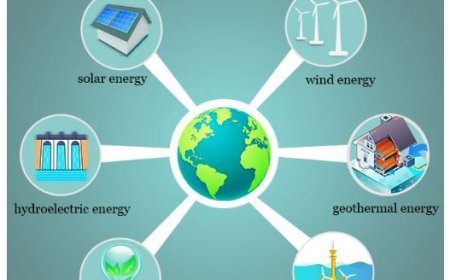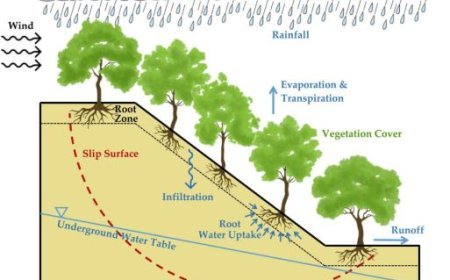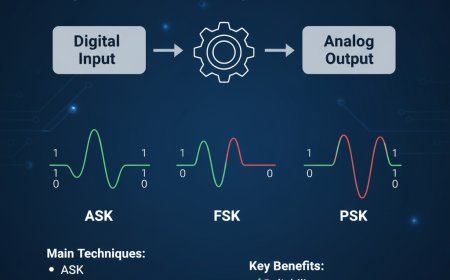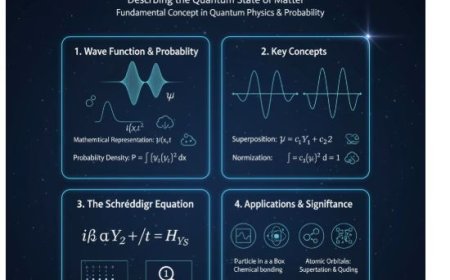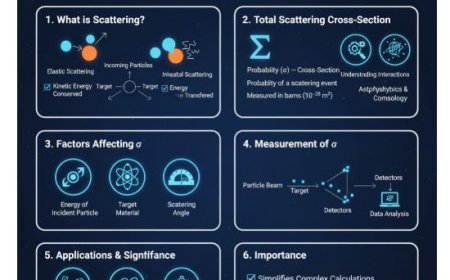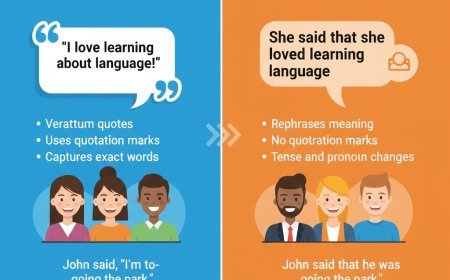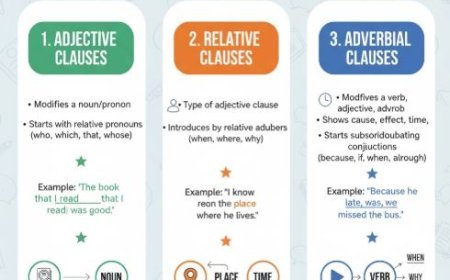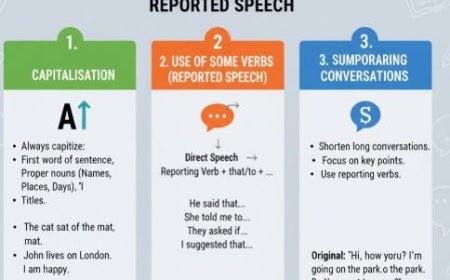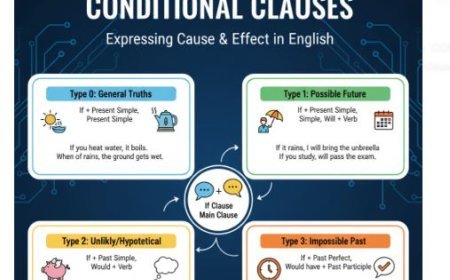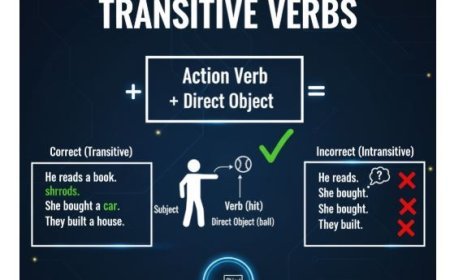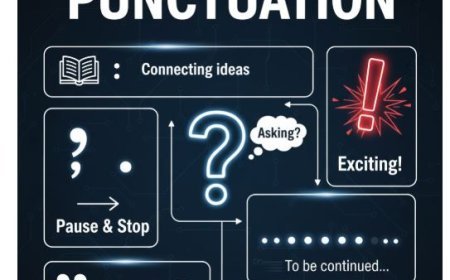PARTICIPLES
Participles are verb superheroes, acting as adjectives (describing nouns) or verb helpers (forming tenses).
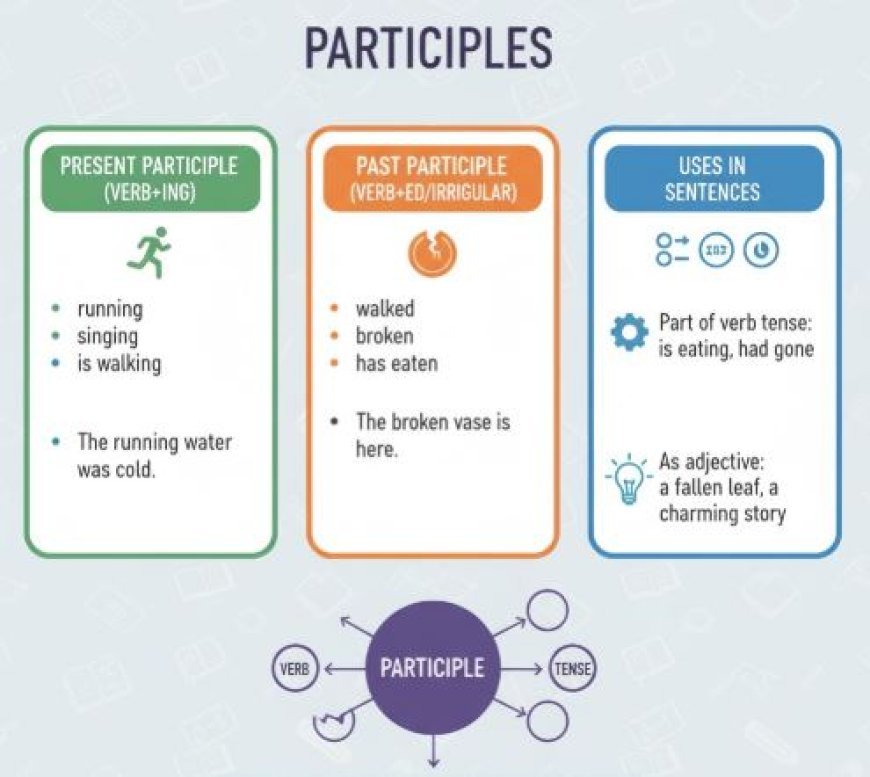
Participles are an important part of the English language that can often be confusing for non-native speakers. However, understanding participles is essential for effective communication and clear writing in English.
PARTICIPLES
Participles are verb forms that can be used as adjectives or as part of a verb phrase. They are formed by adding -ing or -ed to the base form of the verb. For example, the verb 'to walk' becomes 'walking' in the present participle form and 'walked' in the past participle form. Participles can also be irregular, such as 'gone' (from 'to go') or 'written' (from 'to write').
How are participles used?
1. As an adjective
Adjectives that describe nouns and pronouns can be formed from participles. In this case, they function similarly to regular adjectives, providing more information about the noun or pronoun. For example, 'the running water' or 'the broken vase.'
2. As part of a verb phrase
Participles can also be used as part of a verb phrase, along with helping verbs such as 'have' or 'be.' In this case, they indicate the action or state of the verb. For example, 'I have been studying for hours' or 'She will have finished her project by tomorrow.'
3. To form continuous tenses
Participles are also used to form continuous tenses, which indicate an ongoing action. In these cases, the present participle (-ing form) is used with the verb 'to be.' For example, 'I am watching TV' or 'They were playing soccer.'
4. To form perfect tenses
Participles are also used to form perfect tenses, which indicate a completed action. In these cases, the past participle (-ed form) is used with the helping verb 'have.' For example, 'She has eaten breakfast' or 'They had finished their homework.'
Examples for easy understanding
1. Adjective: The barking dog awakened in the entire community.
Explanation: In this sentence, 'barking' is used as an adjective to describe the dog. It tells us that the dog is making noise.
2.Verb phrase: The children have finished their project.
Explanation: In this sentence, 'finished' is used as part of a verb phrase. It tells us that the children completed their project.
3. Continuous tense: She is sleeping peacefully.
Explanation: In this sentence, 'sleeping' is the present participle used with the helping verb 'is' to form the continuous tense. It tells us that she is currently sleeping.
4. Perfect tense: He had already eaten when we arrived.
Explanation: In this sentence, 'eaten' is the past participle used with the helping verb 'had' to form the perfect tense. It tells us that he completed the action of eating before we arrived.
What's Your Reaction?









